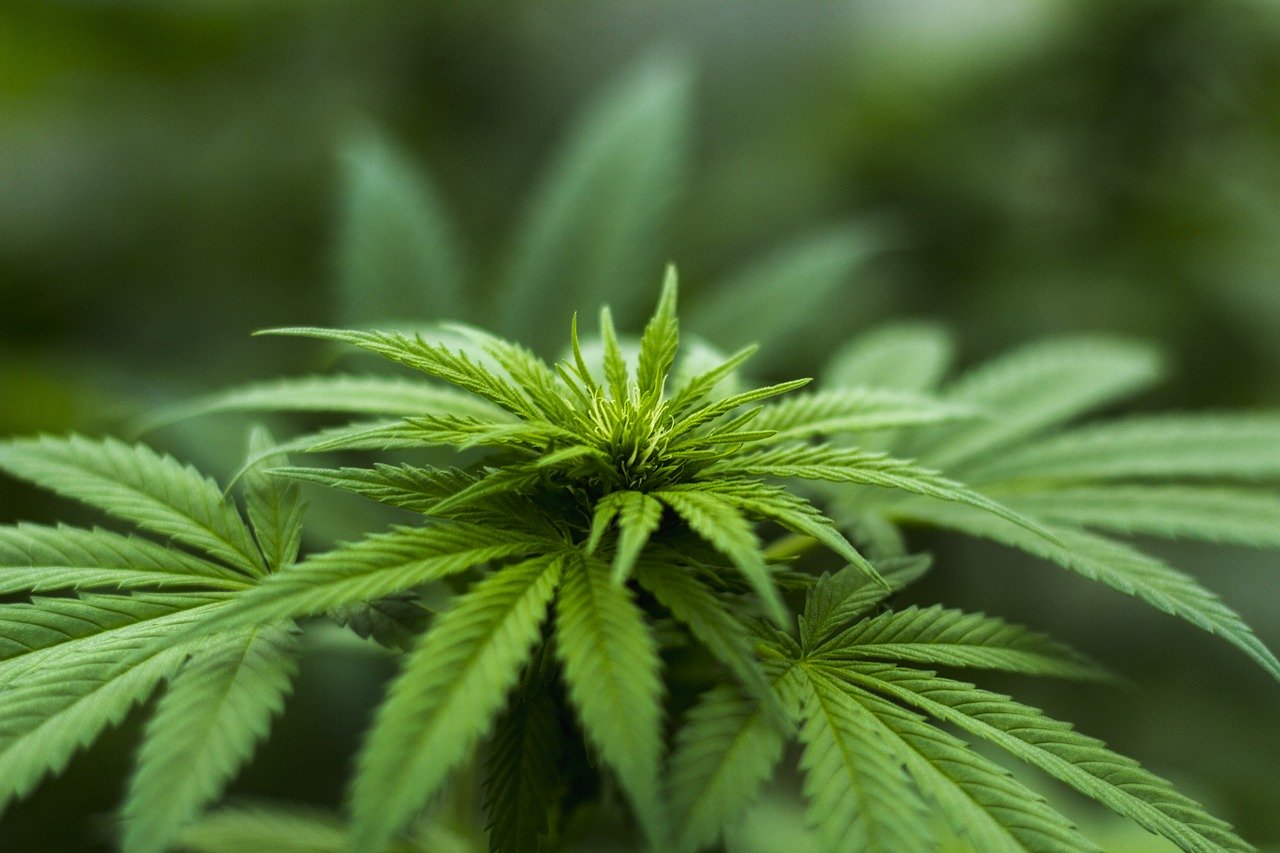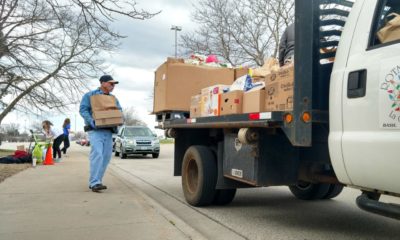Agriculture
USDA announces rule for hemp production

The USDA announced the publication of an interim rule for domestic hemp production.
Many farmers have expressed excitement for the chance to grow hemp. The rule established requirements for licensing, maintaining records on the land where hemp will be grown, testing the levels of the ingredient in marijuana that causes a high, and disposal of plants that do not meet the requirements.
The rule also made hemp producers eligible for U.S. Department of Agriculture programs, including insurance coverage.
Just like with every other crop, hemp comes with risks and rewards. The biggest risk would come from planting hemp without having a processor or buyer established, according to USDA Under Secretary Bill Northey. The weather could be another factor. Experts said weather could raise THC values above the legal limit leaving a farmer with a worthless crop.
“It is quite likely that a high THC level will not be covered for crop insurance,” Northey said. “There may be lots of reasons that can happen, but I think that the cause of loss of a high THC will not likely be covered in a crop insurance policy.”
THC is the component that creates a high in marijuana.
Agriculture Secretary Sonny Perdue said Tuesday that the USDA will publish an interim final rule Thursday that formalizes the hemp program approved in the 2018 farm bill.
“I’m pleased to announce the USDA has published the rule establishing the U.S. Domestic hemp production program in time for producers to make planning decisions in 2020.”
The 2020 growing season will help determine what if any changes need to be made to the interim rule.
States and Native American tribes can now submit plans for hemp production for USDA approval.







